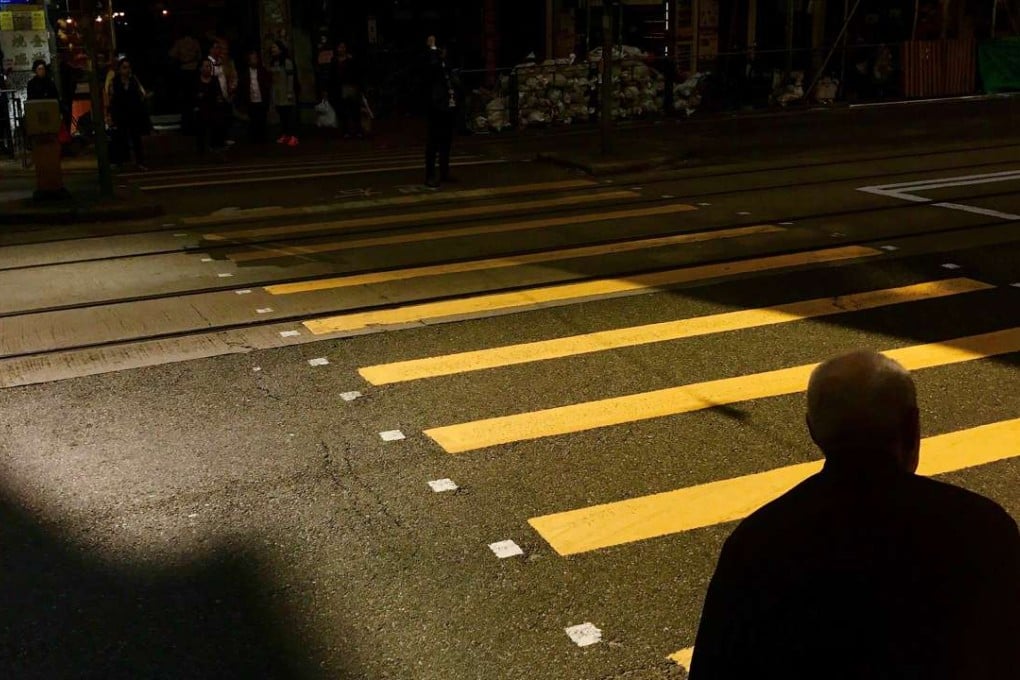Not fully Chinese? Hong Kong people have a fluid identity – and politics has nothing to do with it
Michael Heng says rather than worry that many students don’t see themselves as Chinese citizens, the city should accept complexity as the norm, and encourage a pragmatic attitude

Two interesting points emerge. First, the director of the think tank, Andrew Fung Ho-keung, is quoted as saying, “It’s a crisis because it endangers the very foundation of the ‘one country, two systems’ principle”. Next, 70 per cent of those who did not consider themselves Chinese citizens said they had never participated in events such as the June 4 vigil or protested using radical methods. In other words, for the huge majority, politics has little or nothing to do with such feelings. If this is so, why the worry about its implications for “one country, two systems”?
National education is vital for all students in today’s politically charged Hong Kong
To outside observers like me, the survey results are not surprising. Hong Kong people are known to have multiple identities, or even a fluid identity. Consider a fictional character, John Tseng, for example, who completed his A-level education in Hong Kong and obtained a bachelor’s degree in the UK and master’s degree in the US. He has worked in Hong Kong and a few other places. He holds a Canadian passport but likes Hong Kong for its familiar culture and circles of old friends. He is, at heart, both a Canadian and Hongkonger, yet he is perceived by others as neither. He knows he is ethnically Chinese, but while he’s at home in Shanghai and Beijing, he feels like a foreigner in rural Shanxi (山西). Is he Chinese or not?
Hong Kong is a special, if not unique, place in the world. It can best be described as an oxymoron, like the terms virtual reality. It is postmodern.

What identity crisis? Hongkongers confront questions of belonging after Legco oath saga
It is very liberal in the economic sense and very pro-business. At the same time, it has excellent state-financed schools, universities and hospitals. It does not have democracy in the traditional sense, yet it has a free press and the other civil rights and freedoms of a fully fledged democracy.